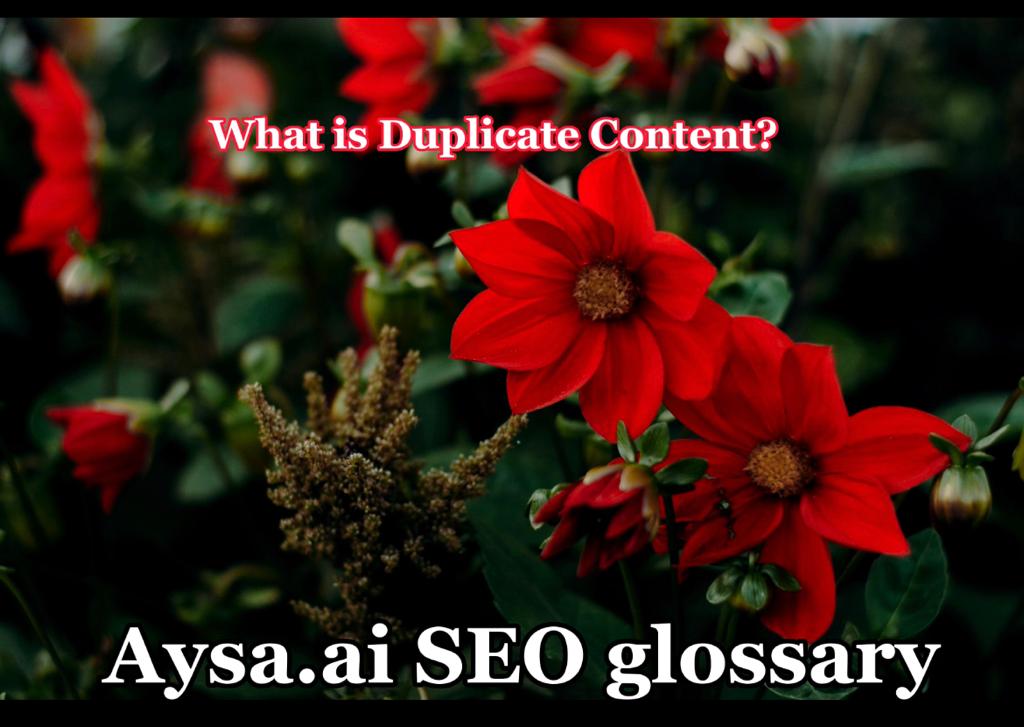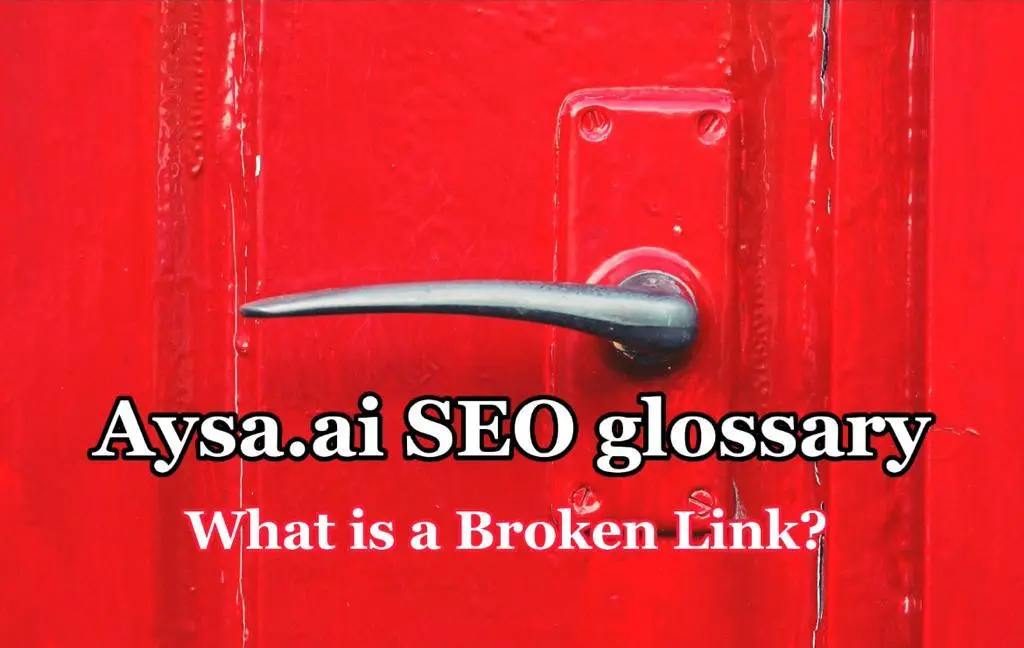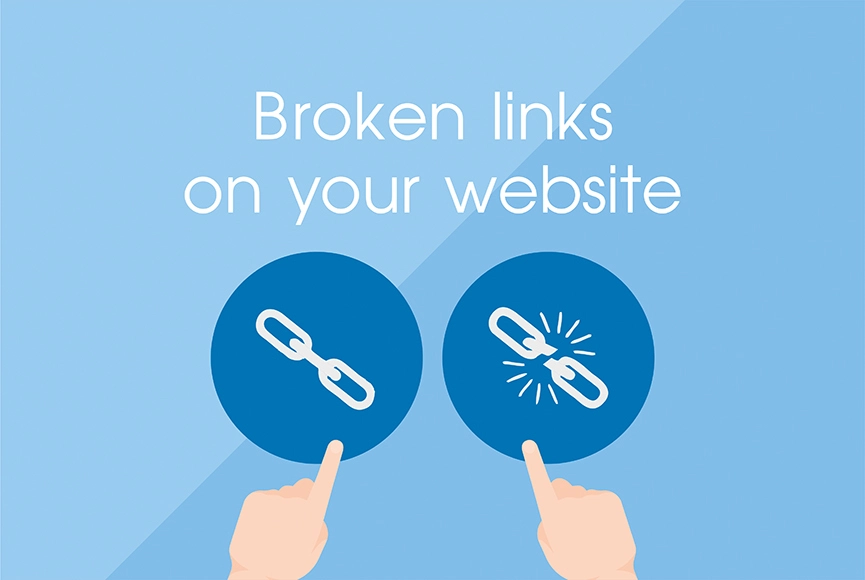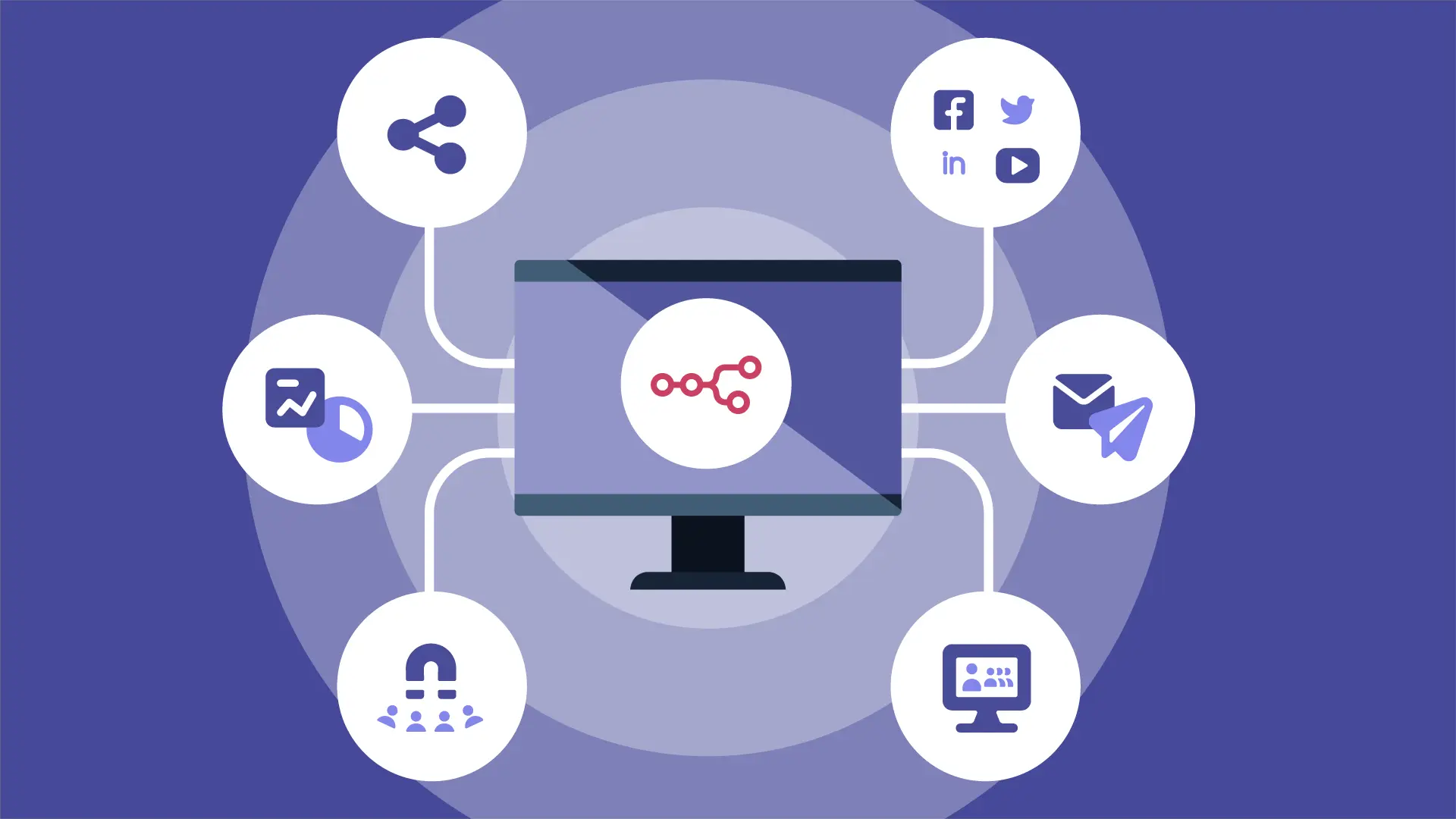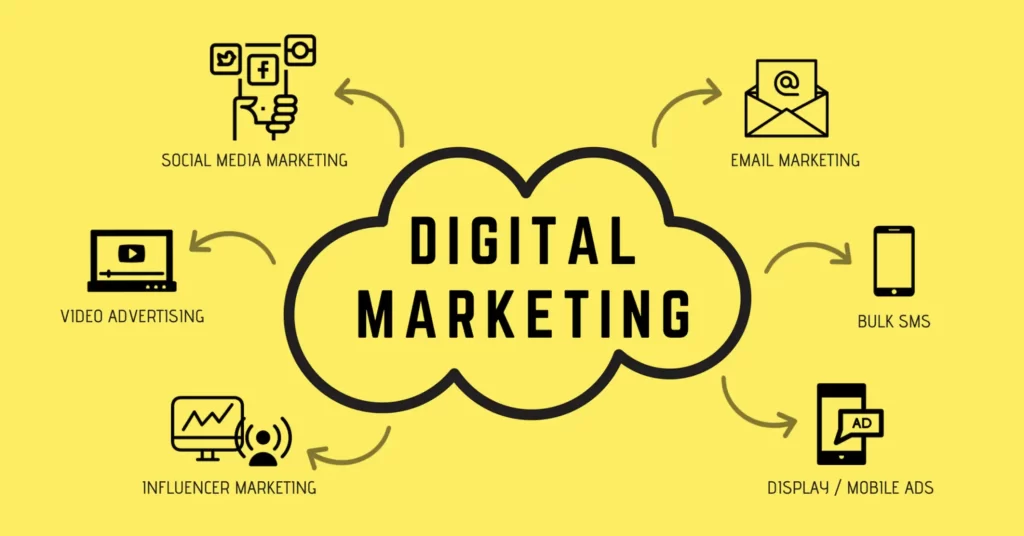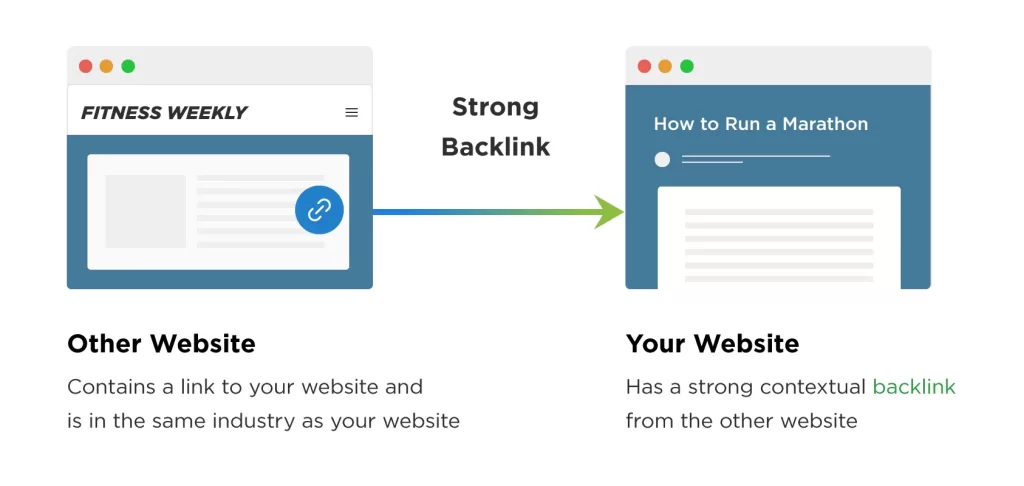What is a Gateway Page?
A gateway page, also known as a doorway page, is a web page designed to rank for particular search queries without offering useful information or answering the user’s search query. Instead, the page will redirect the visitor to a different page, serving as a “gateway” to another destination.
The primary purpose of gateway pages is to boost visibility and rank better for less competitive keyword phrases in search engine results pages (SERPs). However, they provide little to no value to the user, creating a labyrinth of links rather than delivering the desired information straight away.
How Do Gateway Pages Work?
Gateway pages employ several techniques to achieve their goals:
Meta Refresh or JavaScript Redirects: These methods forward people (but not search engines) to a different page.
Cloaking: Showing different content to search engine bots and real users to manipulate search rankings.
Content-Rich Doorway Pages: These pages appear to have useful content but are designed with calls to action that lead to the destination page.
The Problem with Gateway Pages
The main issue with gateway pages is that they are an element of black-hat SEO, focusing on search engine optimization while disregarding user experience. In March 2015, Google announced its fight against doorway pages by making “ranking adjustments” to the algorithm, cracking down on pages that exist solely for search engines and not for users.
Websites using gateway pages can face penalties from Google for “cloaking and/or sneaky redirects” or “thin content with little or no added value.”
Are Gateway Pages Important for SEO?
While gateway pages might temporarily boost rankings for specific keyword phrases, they add no value to website visitors. We do not condone the use of gateway pages but believe it is crucial to discuss them as part of common SEO knowledge. Understanding black-hat tactics helps in knowing what to avoid in SEO practices.
Identifying Gateway Pages
Google’s updated definition of gateway pages, outlined in their Quality Guidelines, helps identify these tactics. When in doubt, ask yourself:
Is the page designed to optimize for search engines while disregarding user experience? Are the pages intended to rank for generic terms despite having specific content? Do the pages duplicate useful content to capture more search traffic? Are these pages solely made to draw affiliate traffic and send users along without adding unique value? Are these pages difficult or impossible to navigate from other parts of your website?
Alternatives to Gateway Pages
Using gateway pages goes against Google’s guidelines. Instead, consider these white-hat SEO techniques:
Create High-Quality Pages that Rank for Multiple Keywords
A high-value page can rank for multiple related keywords. Focus on creating content around a popular topic that users search for using different queries. Tools like Ahrefs’ Keywords Explorer can help gauge the search traffic potential of specific topics.
Consider Long-Tail Keywords
Long-tail keywords have lower ranking difficulty and less competition in SERPs. While gateway pages often target these keywords, you can still use long-tail keywords effectively through legitimate SEO practices. Ahrefs’ Keywords Explorer can help you find thousands of long-tail opportunities.
Avoid Meta Refresh and Unnecessary JavaScript Redirects
Forced redirects can confuse visitors and send the wrong message to search engines. They can also adversely affect your site’s indexing, leading to search bots labeling your pages as spam. If redirects are necessary, opt for server-side 301 redirects instead of Meta refresh or JavaScript redirects. Tools like the Site Audit tool can help identify and replace these redirects.
Combating Gateway Pages with Solutions from Aysa.ro, Aysa.ai, and Adverlink.net
Addressing the negative impacts of gateway pages in the SEO landscape requires innovative and effective solutions. Aysa.ro, a prominent SEO agency, provides advanced expertise and personalized strategies to build and optimize web pages, ensuring they deliver real value to users and comply with Google’s standards.
Aysa.ai, an innovative platform dedicated to SEO automation, helps identify and eliminate gateway pages through advanced content analysis and performance monitoring techniques. Automating these processes ensures continuous and precise control, preventing non-compliant SEO practices.
Meanwhile, Adverlink.net offers a cutting-edge platform that bridges the gap between advertisers and top-tier publishers. This platform directs high-quality organic traffic to relevant pages, eliminating the need for gateway pages by ensuring an authentic and valuable user experience. Together, these three solutions significantly enhance the SEO landscape, promoting ethical and effective practices.
FAQs
What’s the Difference Between a Doorway Page and a Landing Page?
Unlike doorway pages, which bring no value to a visitor, well-made landing pages provide relevant information about the product or service. Landing pages are typically not meant for organic search traffic but are designed to convert visitors into clients who land on the page after clicking an advertisement.
How to Detect a Doorway Page While Browsing?
Gateway pages are generic, keyword-stuffed, and full of links leading to other pages within the same website. If you observe some form of redirection after clicking a link, it should raise red flags.
What is a Content-Rich Gateway Page?
Content-rich gateways are sophisticated versions of gateway pages. They focus heavily on specific keywords without using redirections, featuring navigation elements and designs similar to the main website page to appear more natural and user-friendly.
Can I Report Doorway Pages to Google?
Yes, Google allows users to report doorway pages using a specific form. This helps Google improve their algorithms and maintain the quality of search results.
What should be done?
Gateway pages might seem like a shortcut to higher rankings, but they ultimately harm the user experience and can lead to severe penalties from search engines. By understanding and avoiding these black-hat tactics, you can focus on legitimate SEO practices that provide real value to your visitors and maintain a strong, credible online presence.

